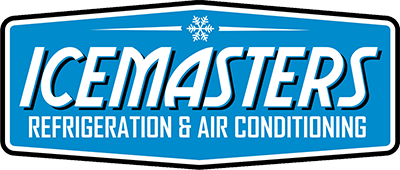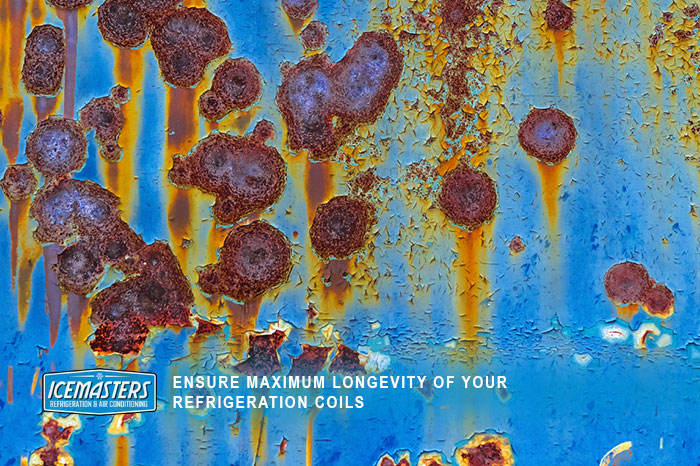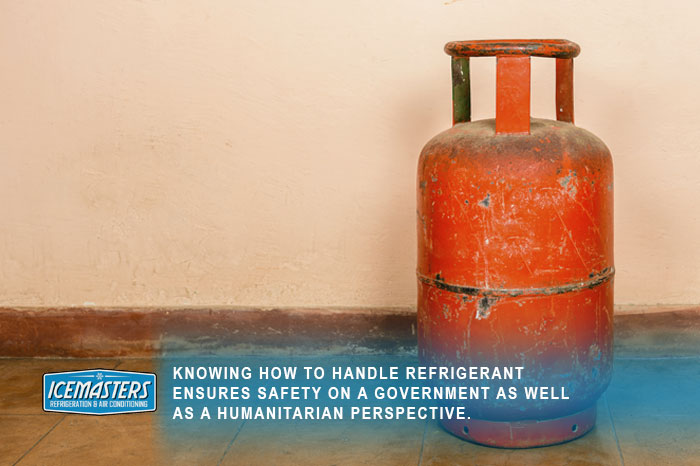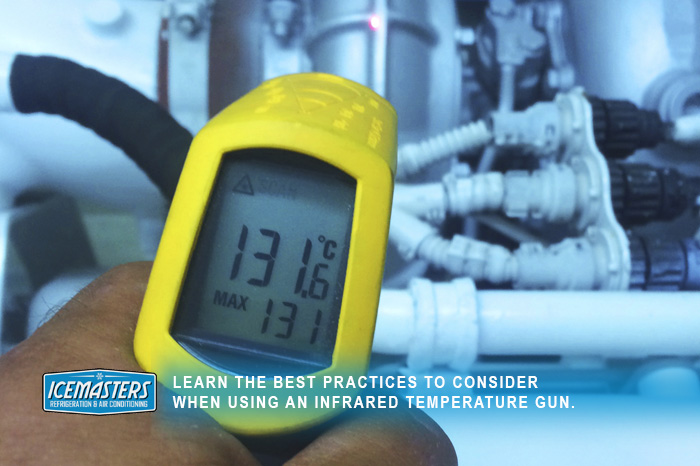Be aware of what you are storing in your refrigerated space.
It pays to know your refrigerated product; A few tips that may save you some big bucks!!!
One of the most common issues with the longevity of evaporator coils in your refrigerated space has to do with the types of foods being stored and how they are being stored within the space.
The first and most common type of evaporator coil deterioration is known as formicary corrosion, or more commonly known as ant nest corrosion. This is caused by contaminants in the air, when these contaminants pass over the coil in the cooling cycle they stick to the coil. These contaminants react with the moisture stuck to the coil and the oxygen in the space to create acid, which over time begins to etch the coil tubes creating porosity of the coil. This will cause refrigerant leaks. Perforation of the tubes will occur within weeks or months, not years and can become a very costly problem.
Ant nest corrosion of the evaporator coil is one of the most difficult types of leaks to pinpoint and impossible to repair.
This type of corrosion will leave a black or blue grey discolouration on the surfaces of the coil tubes and the aluminum fins will become brittle and flake apart if touched.
This is where the types of product being stored and correct storage of these products are key. Well I could spend hours and make a list a hundred miles long of all the different components, which can cause this to occur. The most common culprits of formicary corrosion are lemons/limes, vinegars (salad dressings), fermenting yeast, ethylene gas, chlorine from an indoor swimming pool and many others.
It is best to know what types of things may be stored in this space prior to construction, this will help determine what type of coil would be best suited for the space i.e. (Coated or non coated coils).
Regardless of what is being stored in the space and what type of coil is in the space the best way to ensure longevity of the equipment is to make sure ALL product is stored in a sealed/air tight container.
One other thing to be aware of is the forming of molds or fungi on evaporator coils. This can occur fairly easily because the purpose of the coil is to remove moisture from the air and anytime you have standing moisture in an area it will promote growth of fungi and mold. While this fungi and mold will cause minimal damage to the coil; mostly due to rust, it will cause poor air quality in the refrigerated space. Luckily these contaminants can be taken care of with regular cleaning of the coil.
The most important facts to take away from this are to always keep the space and coils clean which will cut down on contaminants in the air; the other is to ensure all product is stored in airtight containers.
These simple tasks will ensure maximum longevity of your refrigeration coils. If you have any questions for our team, feel free to engage in the comment section!








